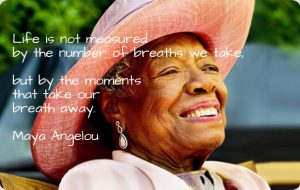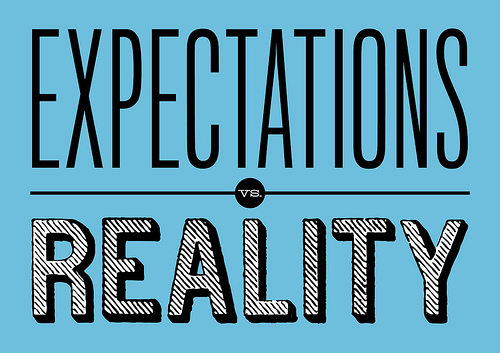Pen Pal Project, Recent News
I Am Titanium.
July 28, 2015, my office

Dear Reva,
Your last letter got me thinking (again) about emotional health, and specifically about resilience.
I am, as it turns out, a remarkably resilient person. I suspected this, but hadn’t really been tested until this past year. And in fact, one of the true benefits of surviving an emotional trauma is discovering that you can.
A divorce, I appreciate, is a garden-variety trauma in the big scheme of things. But, for example, I know a person whose daughter was abducted, raped and murdered, and who then had to relive the experience in court ten years later when the murderer was finally identified and prosecuted. Without question, she has survived one of the worst things, if not the worst thing, that could possibly happen to a person. And yet, she is one of the most inspiring, joyful and interesting women I have ever met.
What do we make of this? Why is it that some people who experience negative, even horrific, life events manage to bounce back from them, while others never do?
My own view about the past is that it is not something we ‘get over’, but something we integrate, and in that sense it is always with us. Resilient people seem to be able to integrate past experiences into their present sense of self in a healthy way.
To some degree resilience seems to be innate, but research suggests that it can also be learned and nurtured. The Canadian Mental Health Association has a list of 11 mental fitness tips that boost resilience: daydream, ‘collect’ positive emotional moments, learn ways to cope with negative thoughts, do one thing at a time, exercise, enjoy hobbies, set personal goals, keep a journal, share humour, volunteer, treat yourself well.
Do you know what struck me about this list the first time I read it? How many of the tips I would have thought were ‘flaky’ five years ago (everything except exercising, setting personal goals, volunteering and sharing humour), how many of these strategies I now use regularly (all of them except keeping a journal, although an argument could be made that this correspondence is a form of journal-keeping), and how well they work (incredibly well).
(It is interesting here to note in passing that the study of positive psychology – focused on human strengths such as resilience – is a relatively new field. Apparently, up until twenty years or so ago, psychology was entirely focused on human dysfunction, an admittedly large tent. All of which is to say that even psychologists themselves have struggled with the notion of taking positive mental health seriously.)
Coincidentally, when I found this list, I had just started ‘collecting’ happiest moments of the day, inspired by this Elizabeth Gilbert clip. I wondered what my collection would reveal over the course of a week, and if it would square with my beliefs about what makes me happy. And you know what? It did. Here’s my week:
- Cuddling my kid while watching Green Lantern cartoons.
- Watching my kid open his birthday present and knowing I got it absolutely right.
- Laughing with my mom and my sister.
- The satisfying mental ‘pop’ of figuring out a plot problem with my book.
- Watching my kids play pirates with water guns and inflatable boats.
- Listening to my kid read a bedtime story to his little cousin.
- Having a long conversation with a girlfriend over dinner.
What’s the source of my resilience? It’s all right there on the list: family, friends, creativity, connection and belonging. Good to know.
Yours,
Kate
Read the Pen Pal archive here.


